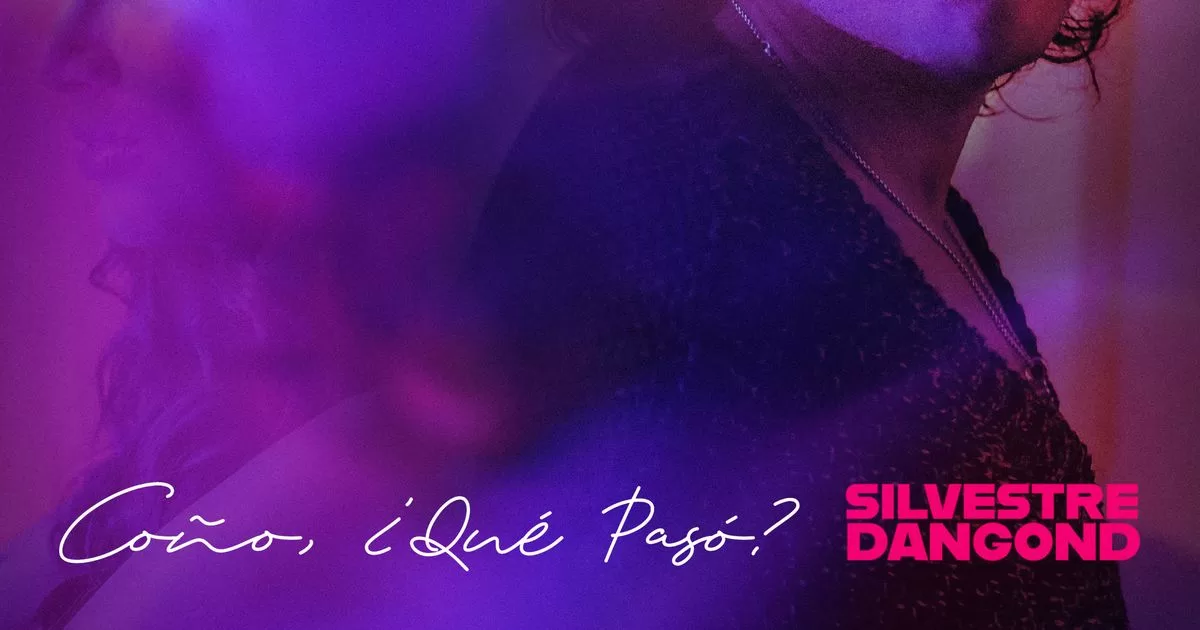“O what happens when we meet people with ideas and functions opposite to ours” and the consequent “real communication difficulties” that arise, especially when these people live “closed in their world view parameters” are the questions at the basis of the conception of the play, Spanish playwright, director and director Marc Crehuet told the Lusa agency.
The action of this “black comedy”, in the author’s words, is centered on a dinner “full of dark and tense humor” with two couples, organized by two childhood friends who haven’t seen each other for a long time and intend to introduce each other to their respective partners.
One of them, Lídia, continues to live in the suburbs where she grew up, is unemployed and is dating David, an intervention policeman.
The other, Sandra, an intellectual who long ago left the neighborhood where she grew up, is in love with André, a documentary filmmaker, who is going through a “difficult period in life” after losing an eye during a police attack on a demonstration.
In the first act, the opposite characters, David and André, meet.
David makes himself known as a riot policeman, and André, asked about what happened, talks about the aggression of a policeman during a demonstration.
At the origin of this “explosive dinner”, according to the playwright and director, was the doubt about whether “would the police be able to change their attitude and behavior” if they knew “up close the victim of the legal violence of their work”.
“What would happen if a demonstrator who had lost one eye found the policeman responsible” for that act?, wondered Crehuet. Would the policeman “change” his attitude, his behavior? What consequences would the situation have for both of them?
“The big question is what happens when we meet people who play opposite roles to ours” and the “real communication difficulties” we face when we meet someone who is closed in their world view.
Ten years after writing the play and having it performed in Latin America and Eastern Europe, Marc Crehuet added that he is now in Lisbon, at the invitation of Força de Produção, who initially only asked him for the rights to the text, inviting him to the later to direct the show on the “only time” he was invited to do so.
The invitation also took place seven years after the author had transposed the play to cinema, “El rey tuerto” (2016), with script and direction he signed.
Born on April 7, 1978, in Santander, the director and playwright finds himself in Lisbon for the first time. In Portugal he only knew Porto “a city he had visited during a trip to a festival”.
To write “O rei zarolho”, he had to “put himself in the shoes” of David and André, noting, however, that, “from an ideological point of view, he is closer to André”.
“Pop ràpid” (2011) and “El vecino” (2019) are series by Marc Crehuet, whose most recent work is “Espejo, espejo”, a comedy premiered on Netflix in 2022, whose plot focuses on four employees who work in a cosmetics company.
At the moment, he is writing the screenplay for a new film, “El bicho” (“The insect”, in a free translation), another “black comedy”, without knowing when or where it will premiere.
In this new film, the author returns to “themes that concern him”, this time, “the real estate business”, he stressed.
“El bicho” is a term used in certain Spanish regions for tenants and, “the ‘unloved’ animals”, an expression with which landlords refer to tenants who are unable to get out of the dwellings, of which they have the “real right , but not usufruct”, intended for lease.
Actors Benedita Pereira (Sandra), Diogo Morgado (André), Dinarte Branco (Politician), Jorge Mourato (David) and Susana Blazer (Lídia) interpret “The One-eyed King”.
“O rei zarolho” has a translation by Ana Rita Sousa, set design by Joana Sousa, costumes by Andy Dyo, light design by Luís Duarte and staging assistance by Sónia Aragão.
The play is on stage at Maria Matos until May 28, with sessions from Thursday to Saturday at 21:00, and on Sunday at 17:00.
Today, on the eve of the premiere, there will be a solidarity rehearsal, with ticket revenue going to the Raquel and Martin Sain Foundation, a Private Institution of Social Solidarity aimed above all at professional training for “the blind, with the special aim of ensuring them opportunities for paid work”.
Also Read: Film ‘L’Immensità – Por Amor’ opens today the Festival of Italian Cinema


